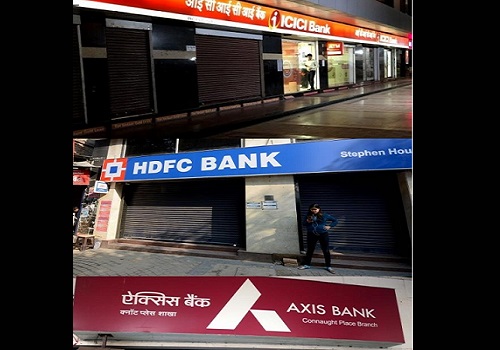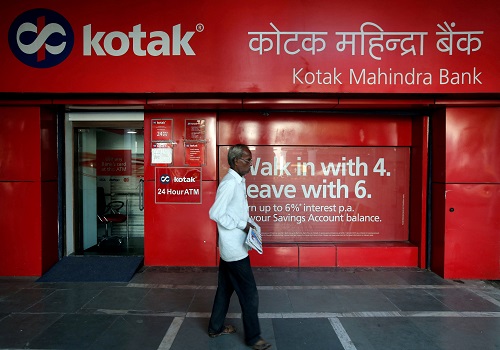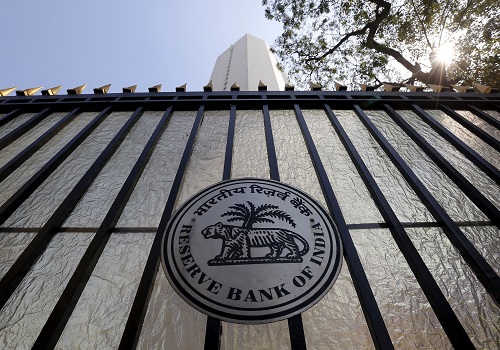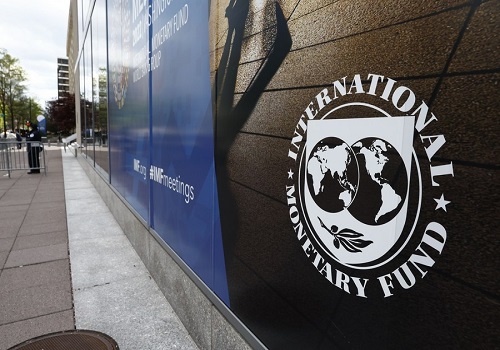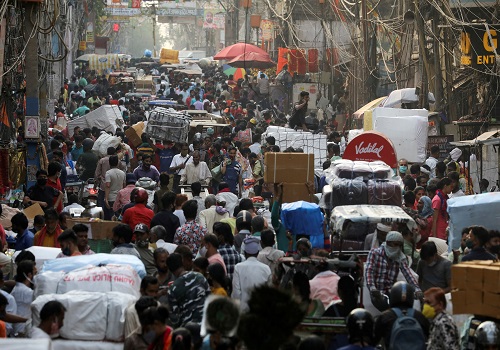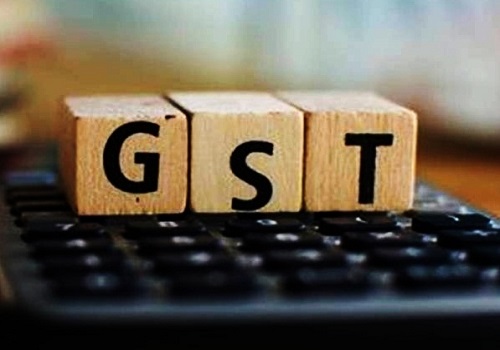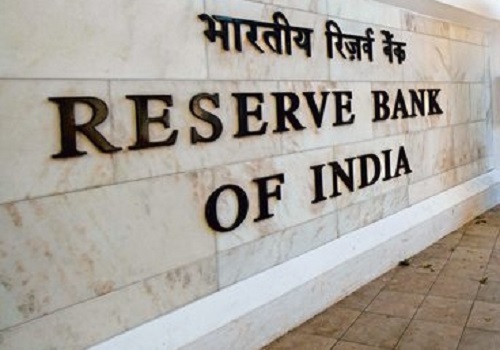Health crisis can be more pervasive, debilitating for economy: RBI
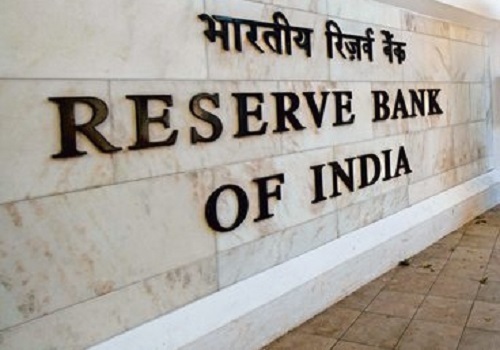
Follow us Now on Telegram ! Get daily 10 - 12 important updates on Business, Finance and Investment. Join our Telegram Channel
Compared to financial crises, a health crisis can be more pervasive, persistent and debilitating in its impact on the real economy, as per the RBI annual report for 2020-21.
"Letting down the guard is perilous; it is best to prepare for future waves," the report said.
It added that private investment is the missing piece in the story of the Indian economy in 2020-21; reviving it awaits an environment in which "animal spirits" are rekindled and entrepreneurial energies are released so that backward and forward linkages and multipliers prepare the ground for a durable investment-driven recovery.
The report said 2020-21 will go down in history as the year of the Covid-19 pandemic break in the life and ethos of humanity.
"It altered economic activity, finance and, more generally, life and livelihoods in a drastic and deep way that may take several years to heal. The pandemic also exposed the fragility of health care infrastructure and the inadequacy of health spending over the years. The year 2020 will also be notable for unprecedented policy responses which, although not coordinated, turned out to be synchronised globally," the report said.
The report said the extent of misery and the loss of human lives has left indelible fissures and several lessons for the future: eternal vigilance in terms of pandemic preparedness - it is not going away for some time; priority for upscaling health spending and health infrastructure; faster rollout of vaccines and vaccination while building up stocks; investing in research and development as vaccine developers/producers are challenged by new variants of the virus; prudent and preemptive pandemic protocols, including local lockdowns, restrictions on mobility and other COVID-appropriate behaviour.
Besides the toll on life and living, the year 2020 was ravaged by output and employment losses unprecedented in history, globally and in India. The pandemic also turned out to be highly inequitable - it is estimated that around 95 million additional people around the world have been forced into extreme poverty during the year, with 80 million more undernourished, mostly in low-income countries.
The report said just a year ago when the World Health Organisation (WHO) declared Covid-19 a pandemic and India imposed a strict lockdown in March, a deep despondency and risk psychosis became pervasive.
Since then, lives have been lost, surviving life has been disrupted and lifestyles have been fundamentally altered. In India, some areas of activity, especially contact intensive ones, have been deeply scarred while others such as agriculture and allied activities, information technology, highway infrastructure, tractor sales, railway freight, electricity demand and domestic trade have shown a rare resilience, it added.












 320-x-100_uti_gold.jpg" alt="Advertisement">
320-x-100_uti_gold.jpg" alt="Advertisement">


